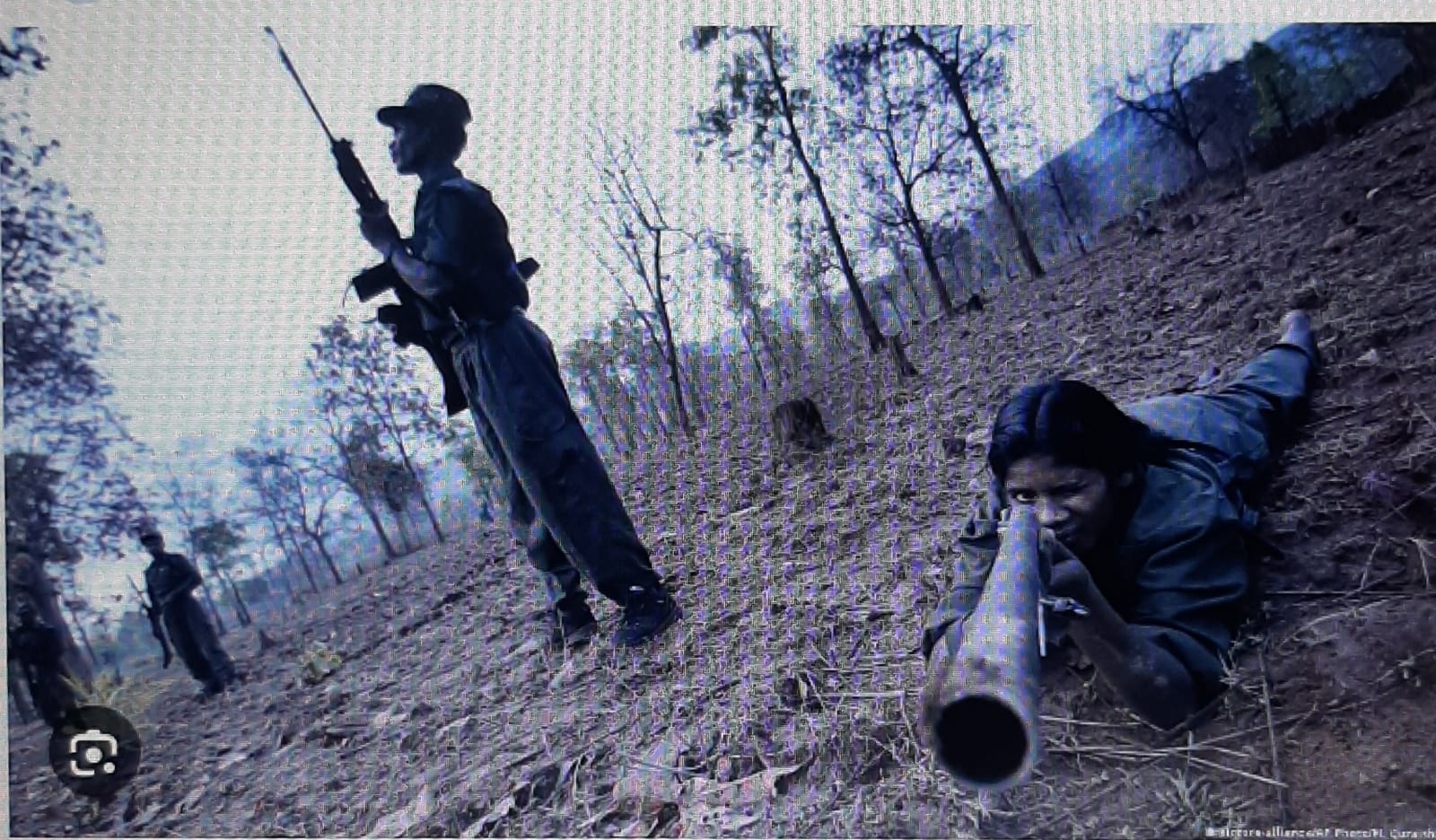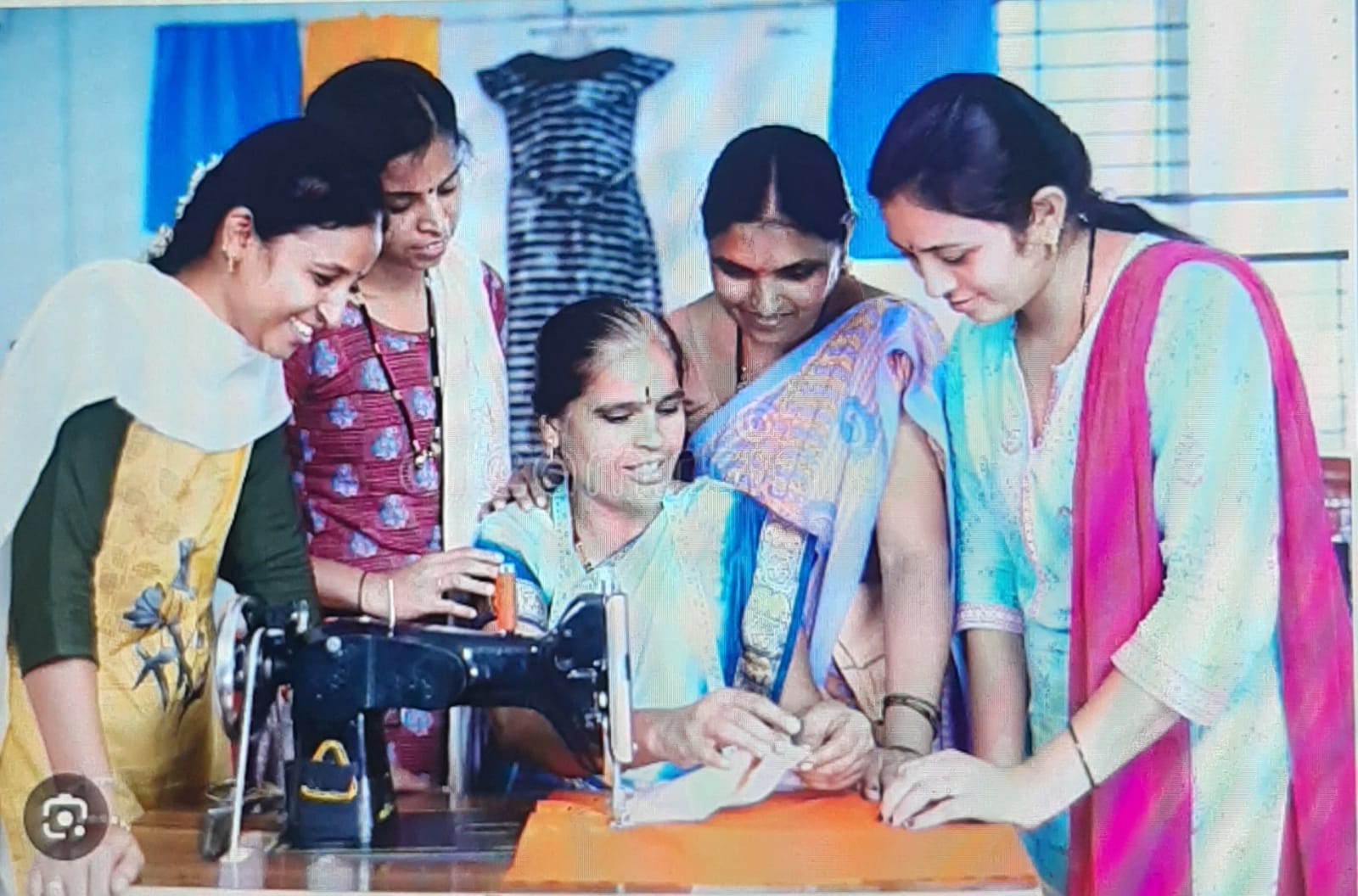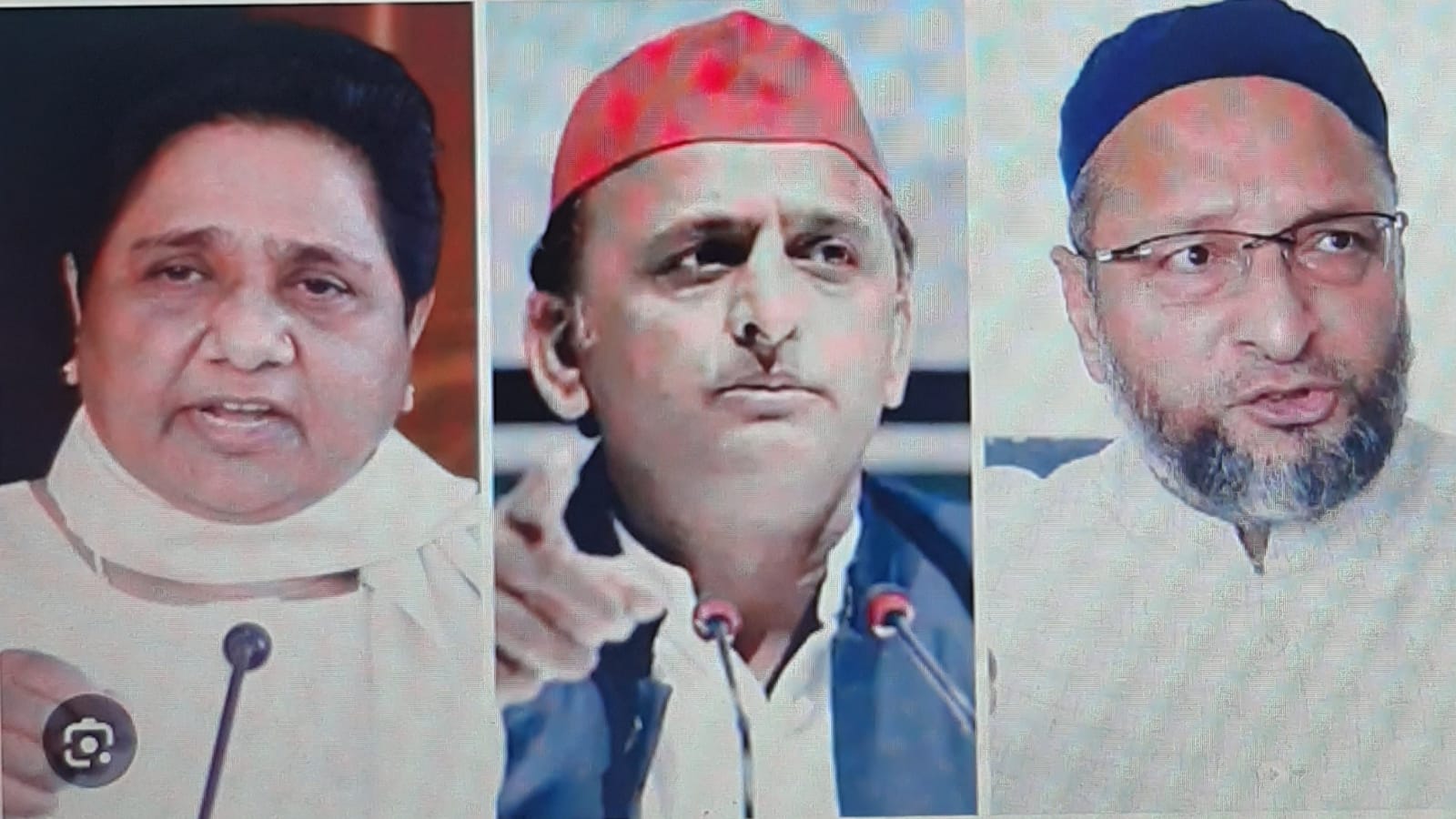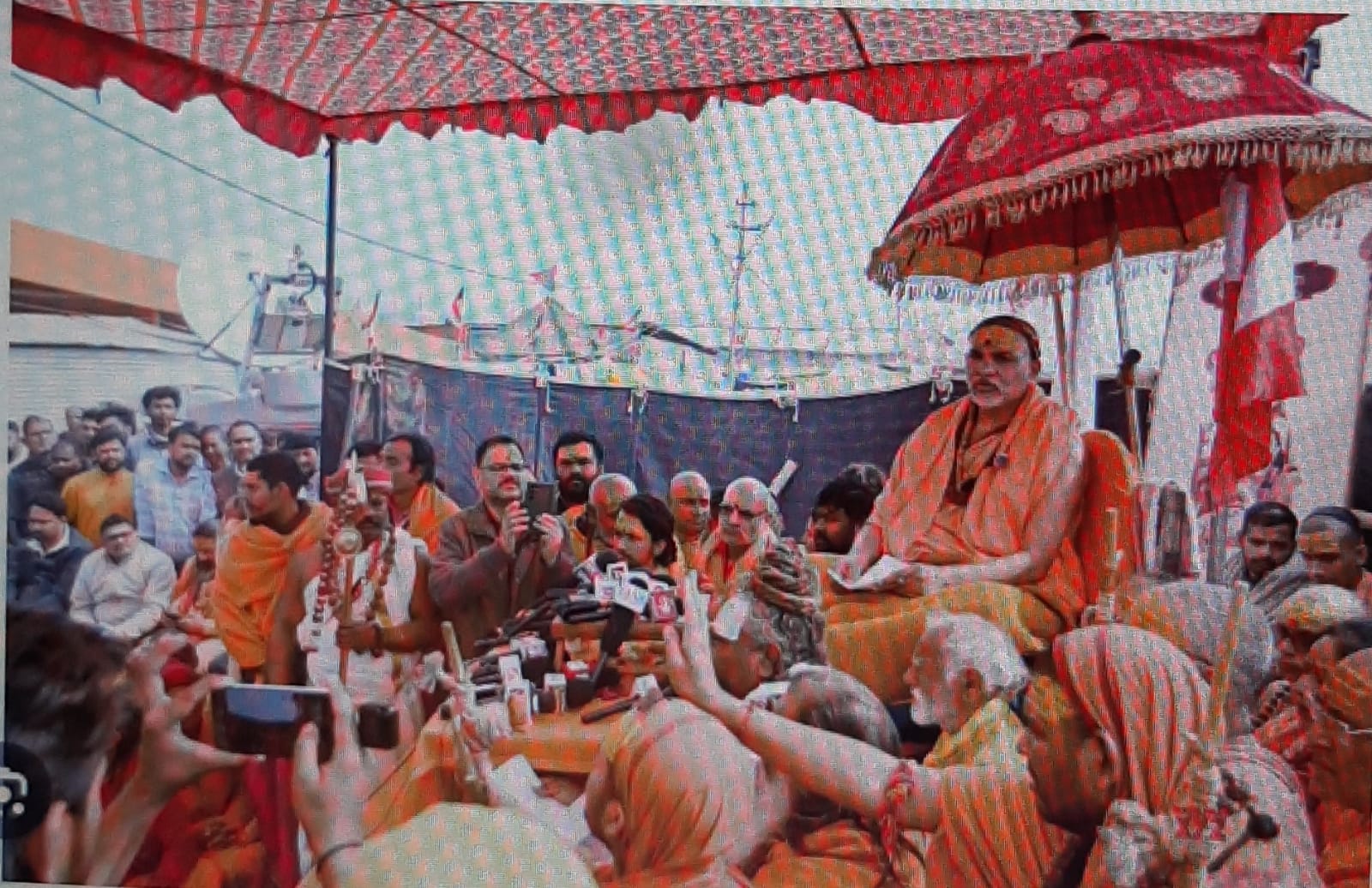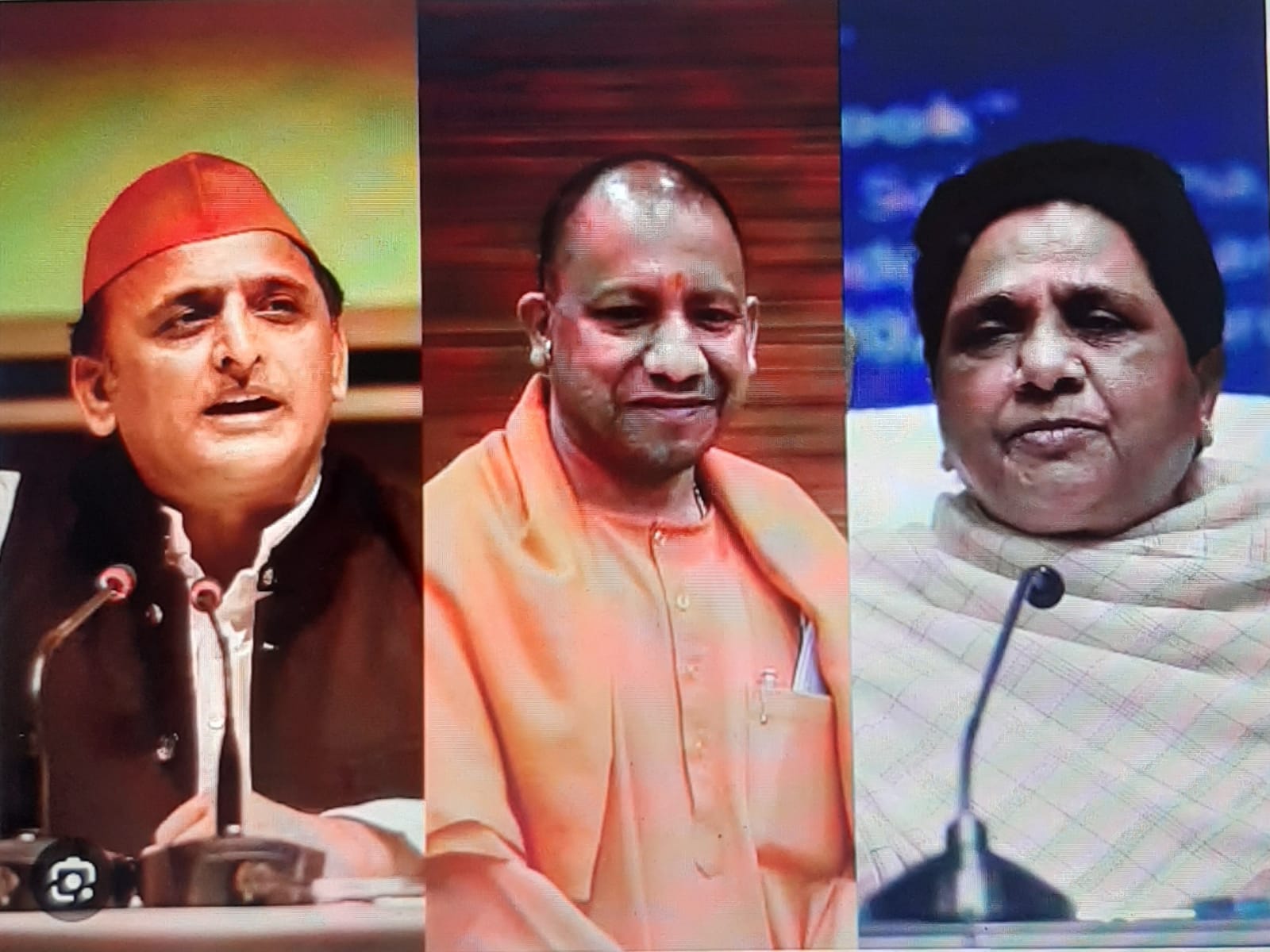
UP government ban on caste rallies issue has snowballed into major controversy, as caste politics has been in DNA of all political formations in UP. Now the BJP’s attempt through governmental order to banish “Mandal politics”, but continue to play “Kamandal” is likely to prove counter-productive, writes M Hasan.
Lucknow, September 25: Even as “caste census politics” has been playing dominant role from Bihar to Karnataka, BJP government has banned “caste rallies” in the Uttar Pradesh, which has evoked sharp reaction from main Opposition Samajwadi Party. The issue has snowballed into major controversy, as caste politics has been in DNA of all political formations in UP. Now the BJP’s attempt through governmental order banish “Mandal politics”, but continue to to play “Kamandal” is likely to prove counter-productive.
The UP government’s order has been necessitated following Allahabad High Court order directing the government to stop mentioning castes in FIR, police documents, public records, motor vehicles and public signboards. The order would certainly have direct impact on caste-based political parties, whether they are in alliance with the BJP or opposition parties like SP and BSP. The SP has only PDA counter force against the BJP’s communal politics.
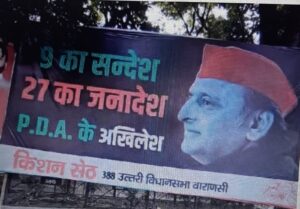
In his order, Chief Secretary Deepak Kumar said rallies organised for political purposes promote caste conflict in society, which are contrary to “public order” and “national unity”. “Such rallies will be banned in the State of Uttar Pradesh,” stated the notification, enjoining upon all Secretaries, District Magistrates, and police chiefs to ensure strict monitoring of social media messages that glorify or condemn any caste. “Strict action should be taken against those who spread caste hatred or incite caste sentiments through social media.”
Reacting to the government’s decision Samajwadi Party chief Akhilesh Yadav sharply criticized the state government over the issue. Akhilesh Yadav, who first reacted through a social media post, strongly criticized the UP government and accused CM Yogi Adityanath of giving space to castiest, dominant, and powerful people in his government. Yadav also questioned how the government planned to remove the 5,000 years of discrimination against the Dalits. Akhilesh further said that even Dr B.R. Ambedkar had to face discrimination. Although the new order keeps the Dalit/Harijan Act separate from these restrictions, Akhilesh Yadav alleged that Dalits face the maximum injustice. He warned that in the coming days, even the Harijan Act might not be written. The Congress described the decision as dangerous and a “bid to silence marginalised voices”.
The Samajwadi Party has been vigorously pursuing PDA (Pichara, Dalit, Alapasakhyak) agenda to effectively counter BJP “Kamandal” politics, and the governmental order would certainly become an stumbling bloc in forthcoming PDA rallies as UP is fast heading towards 2027 assembly election. Already in poll-bound Bihar caste is core of all political formulations. Over the decades and specially after implementation of Mandal commission report in 1990 by the then VP Singh government at the centre, caste has been at the centrestage of ticket distribution and other decisions in all the parties. The BJP, which initially tried to push it aside by its aggressive “Kamandal” strategy, also combined “Mandal” in its electoral strategy.
The state has thus been witnessing “caste-based” political alliances and thereafter “caste rallies” in the run up to successive Lok Sabha and assembly elections in the past Thus the moot question is whether the government order would help in solving the caste problem in UP’s politics. The BSP had successfully played Brahmin-Muslim-Dalit card to win 2007 election and in 2012 it was SP’s turn to test MY (Muslim-Yadav) formula along with alliance with OBCs. The BJP too learnt the caste gameplan to oust SP from power in 2017 and later retained power in 2022 election. The BJP had organized “Brahmin conference” in August 2021 in Lucknow. Rashtriya Lok Dal headed by Jayant Chaudhury had organized “Bhaichara conferences” comprising Jat-Gurjar, Muslims and Dalits.
(M Hasan is former Chief of Bureau, Hindustan Times, Lucknow)



